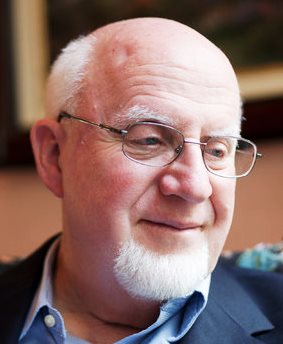
The name of Houston’s Joe Jamail, aka “The King of Torts,” will not be forgotten soon. Not at Baylor College of Medicine or the University of Texas, Rice University, or Texas Southern University, to name a few recipients of the philanthropic trial lawyer’s legendary largesse. Mr. Jamail died early this month with a personal net worth of about $1.65 billion, according to Forbes. And that was after he gave away two hundred million or so. Although now dead, Joe Jamail will be remembered–at least for a while and in certain places. All his life he wanted his name to outlast even death, and in having that desire he was not alone. We differ from him in scale alone, not in the wish. Everyone wants to be remembered, and people do many good deeds and sometimes very bad ones to try to make it happen. For some, being remembered is the closest thing to immortality they can imagine.
Thus it has always been. The builders at Shinar constructed a city with a tower, but in truth they were building a name. Not far away, Babylonian kings later erected wondrous Hanging Gardens for the same purpose. The Egyptians, in their day, built pyramids. This obsession with notoriety is now enshrined in our language: both “fame” and “famous” evolved from a Greek root that refers to the ever-changing topic of popular conversation. Percy B. Shelley exposes the irony inherent in human hubris in his understated sonnet “Ozymandias.” The title is the name of a long-forgotten fictional king who is remembered briefly when a desert traveler discovers a piece of the broken monument Ozymandias had inscribed with grandiose boasting about his own greatness. “Nothing beside remains,” the poet concludes. “Round the decay of that colossal wreck, boundless and bare, the lone and level sands stretch far away.”
We don’t need to worry about being remembered after death. Good people will be remembered first by family and friends, then by others whom they assisted, encouraged, and inspired throughout their lives. Most of all we are known now and will be remembered then by the God who made us. He has promised, “I will not forget you” (Isaiah 49:15). Malachi even pictures God keeping a journal to help him remember. “Those who revered the Lord spoke with one another,” says the prophet. “The Lord took note and listened, and a book of remembrance was written before him of those who revered the Lord and thought on his name” (Malachi 3:16).